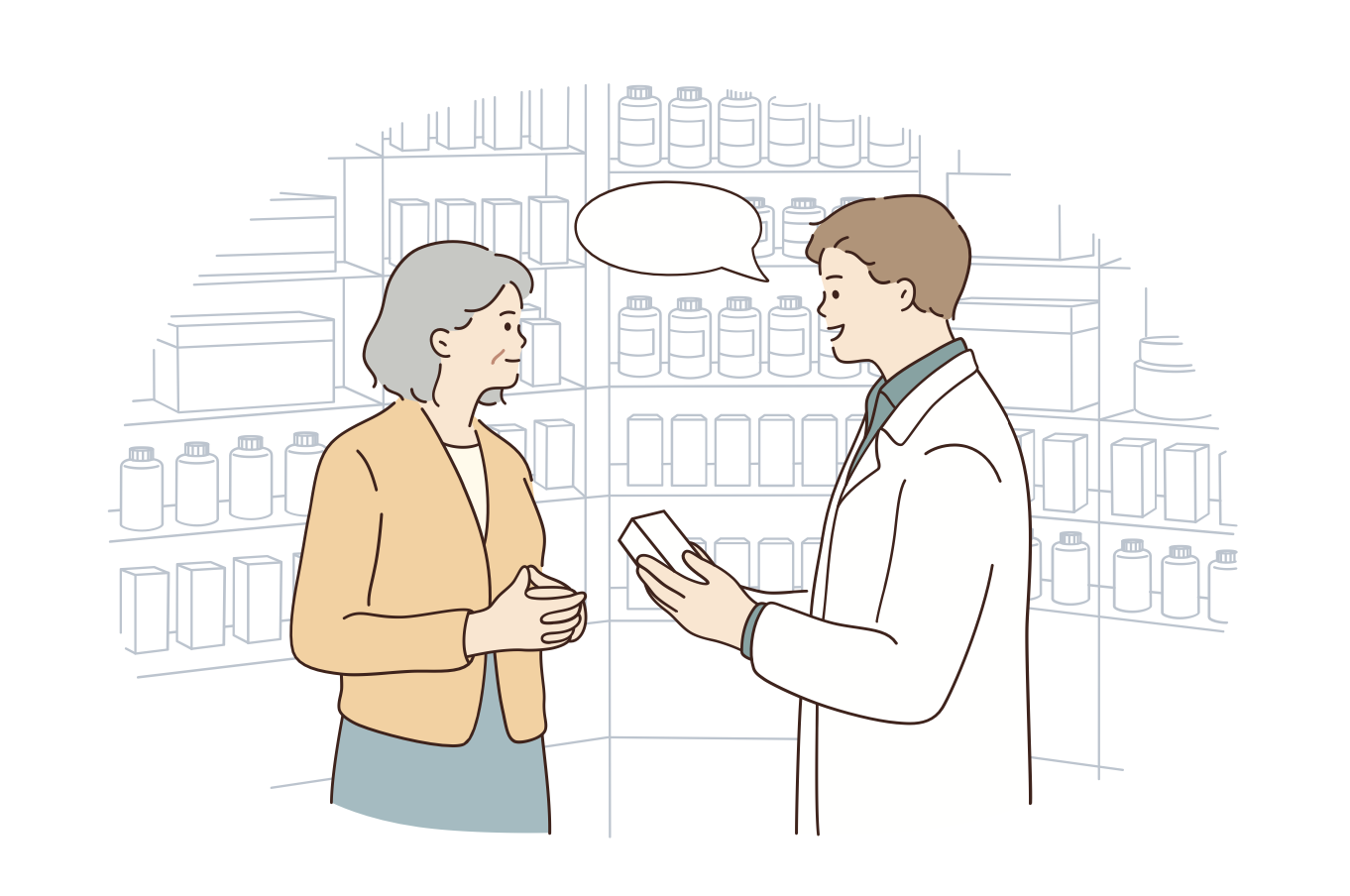Wendy Haaf answers your questions about health, nutrition, and well-being
Can a pharmacist help me during allergy season?
If you have new symptoms similar to those of sea sonal allergies (such as sneezing, sore throat, nasal congestion, or watery eyes), a pharmacist can ask questions to help determine whether allergies are the most likely cause.
In some cases, the culprit might be something else, such as a sinus infection that developed following a cold.
If you’re shopping for over-the-counter relief, consulting a pharmacist is a good idea. “Some things you can grab off the shelves are very effective, but there are so many that it can be hard to navigate—a pharmacist can help with that,” says Andrea Swanson, a pharmacist and assistant professor at the University of Toronto’s Leslie Dan School of Pharmacy.
A pharmacist can offer guidance on which products are best suited to your particular situation, based on such factors as other medical conditions you may have and the side-effect profiles of different medications. For example, most experts recommend avoiding older-generation anti-histamines because these come with a higher risk of harm and a longer list of potential drug interactions.
In addition to weighing the potential for side effects, a pharmacist can help you choose among different formulations. “There are a lot of options—liquids, tablets, eye drops, and nasal sprays,” Swanson says. “Steroid nasal sprays are very effective for seasonal allergies. Taking something orally or nasally will usually help with eye symptoms, too.”
On the other hand, she adds, “steroid nasal sprays offer the most benefit once they’ve been taken consecutively for seven days or more.” That means that, ideally, you should start taking them a week before your symptoms usually start.
Many provinces have expanded the scope of practice for pharmacists, so they now have the authority to prescribe medications for minor ailments, including allergic rhinitis (nasal symptoms) and allergic conjunctivitis (eye symptoms). Consequently, “you’re not limited to what’s on the shelf,” Swanson says. “You can actually get prescription medications that might be more effective and covered by your insurance.” For example, if your old standby oral antihistamine is no longer providing adequate relief, “there are two newer prescription products that longtime sufferers are finding effective.”
And, just as you would with your doctor, check back with your pharmacist after a trial of a medication to report whether it had the desired results and, if not, to discuss alternatives. Generally speaking, your pharmacist “will provide education about how long to use it; if things don’t get better, go back to the prescriber—or a physician or other practitioner,” Swanson advises.
Overall, Swanson says, when it comes to coping with everyday seasonal-allergy symptoms, “pharmacists can definitely be a resource, from initially figuring out what’s going on to selecting a product and following up with you afterwards.”
Have a question?
Write to us at goodtimes@bayardcanada.com






